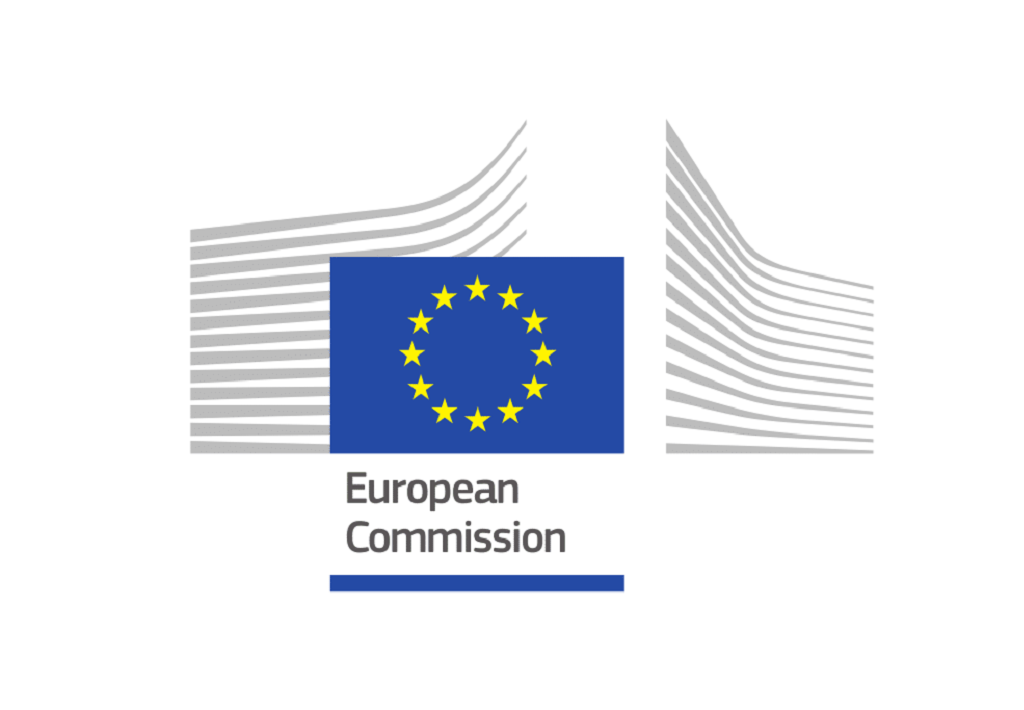The European Commission has published Regulation (EU) 2024/996, a crucial update to Regulation (EC) No 1223/2009 guidelines regarding cosmetic products. This regulation, of utmost importance for consumer safety, imposes new restrictions on using substances such as Vitamin A, Alpha-Arbutin, Arbutin, and others with potential endocrine-disrupting effects.
Key Regulation Highlights:
- Vitamin A: New guidelines restrict concentrations of Retinol, Retinyl Acetate, and Retinyl Palmitate in cosmetics. Body lotions must now contain no more than 0.05% Retinol Equivalent (RE), while other leave-on and rinse-off products can include up to 0.3% RE. These limits address safety concerns over excessive Vitamin A intake from various sources.
- Alpha-Arbutin and Arbutin: These skin-bleaching agents can only appear in face creams up to 2% for Alpha-Arbutin and 7% for Arbutin. Body lotions are limited to 0.5% Alpha-Arbutin. These restrictions help manage risks associated with these compounds.
- Endocrine Disruptors: The EU has enforced specific restrictions on substances such as Genistein, Daidzein, Kojic Acid, Triclosan, and Triclocarban and has banned 4-Methylbenzylidene Camphor from being used in UV filters and cosmetics to reduce the risks of hormonal disruption.
Consumer and Industry Impact:
These updates enhance consumer protection by reducing exposure risks to potent ingredients. Companies must align their products with these regulations by January 1, 2025. This deadline ensures businesses have ample time to reformulate products and phase out banned substances.
For comprehensive details on each substance and the complete legal text, visit the official EU regulation page.
CE.way is here to help! Let us guide you smoothly through the regulatory transition with expert advice and compliance strategies tailored to your needs.


